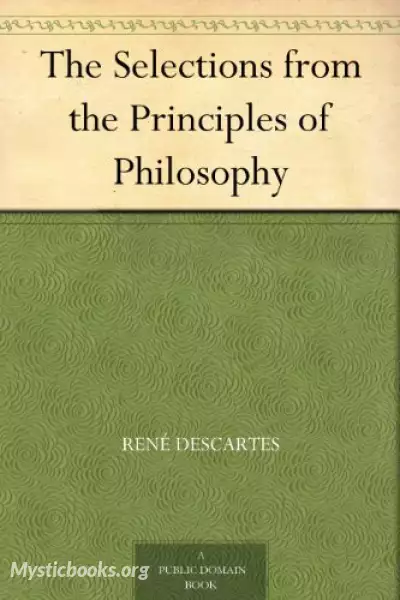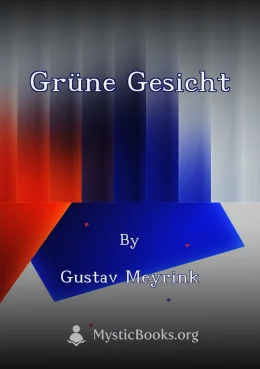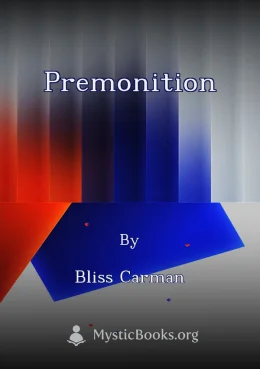
Selections from the Principles of Philosophy
'Selections from the Principles of Philosophy ' Summary
The Principles of Philosophy, originally published in Latin in 1644, and translated to French in 1647, sets forth the principles of nature the Laws of Physics as Descartes viewed them. The book provides a systematic statement of natural philosophy and metaphysics, and represents the first truly comprehensive, mechanistic account of the universe. The Selections from the Principles of Philosophy contains the whole of the first part of the book ("Of the Principles of Human Knowledge"), as well as selections from the second ("Of the Principles of Material Things"), third ("Of the Visible World"), and fourth part ("Of the Earth") of the book.
Book Details
Language
EnglishOriginal Language
FrenchPublished In
1644Authors

René Descartes
France
René Descartes was a French-born philosopher, mathematician, and scientist who spent a large portion of his working life in the Dutch Republic, initially serving the Dutch States Army of Mauric...
Books by René DescartesDownload eBooks
Listen/Download Audiobook
- Select Speed
Related books

Canti by Giacomo Leopardi
The Canti by Giacomo Leopardi is a collection of poems that explores themes of pessimism, boredom, and the decline of the Italian nation. Leopardi's u...

Life of John Ruskin by William Gershom Collingwood
This book is a comprehensive biography of John Ruskin, a prominent Victorian art critic, social commentator, and writer. It explores his life, career,...

Grüne Gesicht by Gustav Meyrink
Gustav Meyrink's 'Grüne Gesicht' is a haunting and enigmatic novel that delves into the depths of human experience and the mysteries of existence. The...

Musings of a Chinese Mystic: Selections from the Philosophy of Chuang Tzu by Lionel Giles
This book, a collection of selections from the philosophy of Chuang Tzu, presents the teachings of this influential Chinese mystic. Chuang Tzu, a disc...

Timaeus by Plato (Πλάτων)
Timaeus is one of Plato's dialogues, mostly in the form of a long monologue given by Critias, written c. 360 BC. The work puts forward speculation on...

Modern Magic by Maximilian Schele De Vere
One of his last works, being first published in 1873, "Modern Magic" instead focuses on the occult. From the preface: "The main purpose of our existe...

Premonition by Bliss Carman
Premonition is a collection of poems by Bliss Carman, a Canadian poet known for his lyrical and evocative style. The poems explore themes of nature, l...

Spirit of Place and Other Essays by Alice Meynell
This collection of essays by Alice Meynell, a prominent English essayist and poet, delves into a wide range of subjects, showcasing her keen observati...

World by Henry Vaughan
The World is an extended poem that explores themes of faith, nature, and the human condition. Vaughan's writing is often characterized by its use of p...

To The Moon by Giacomo Leopardi
Giacomo Leopardi, a renowned Italian poet and philosopher, is best known for his melancholic and introspective verses. 'To The Moon' is a collection o...
Reviews for Selections from the Principles of Philosophy
No reviews posted or approved, yet...